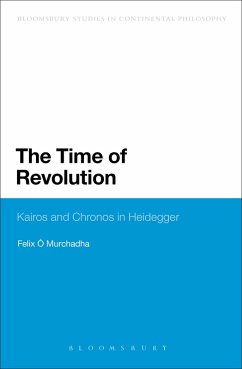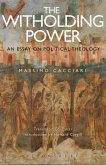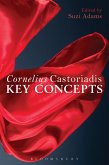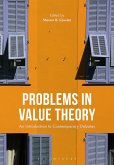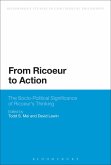This book presents Heidegger as a thinker of revolution. Understanding revolution as an occurrence whereby the previously unforeseeable comes to appear as inevitable, the temporal character of such an event is explored through Heidegger's discussion of temporality and historicity. Beginning with his magnum opus, Being and Time, Heidegger is shown to have undertaken a radical rethinking of time in terms of human action, understood as involving both doing and making and as implicated in an interplay of the opportune moment (kairos) and temporal continuity (chronos).
Developing this theme through his key writings of the early 1930s, the book shows how Heidegger's analyses of truth and freedom led to an increasingly dialectical account of time and action culminating in his phenomenology of the - artistic and political - 'work'. A context is thus given for Heidegger's political engagement in 1933. While diagnosing the moral failure of this engagement, the book defends Heidegger's account of the time of human action and shows it to foreshadow his later thought of a 'new beginning'.
Developing this theme through his key writings of the early 1930s, the book shows how Heidegger's analyses of truth and freedom led to an increasingly dialectical account of time and action culminating in his phenomenology of the - artistic and political - 'work'. A context is thus given for Heidegger's political engagement in 1933. While diagnosing the moral failure of this engagement, the book defends Heidegger's account of the time of human action and shows it to foreshadow his later thought of a 'new beginning'.

